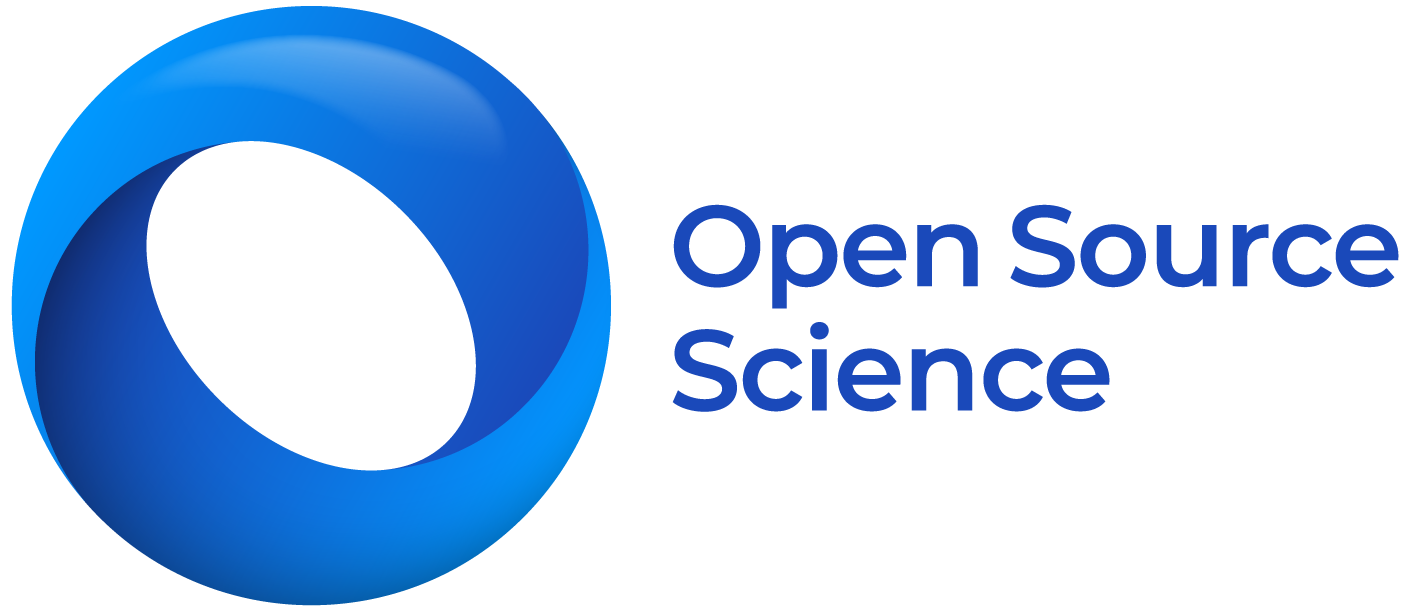Open Education, Open Minds
Over the past few decades, advances in science and technology have produced a seemingly endless stream of new data, ideas, and knowledge, challenging scientists and educators alike to keep abreast of the latest concepts and discoveries in their fields. Adding to the wealth of new information posted online every day, more and more historical documents, books, and educational materials are being made available on the Web. To make the most of this treasure trove of resources, educators are increasingly sharing lessons, tools, and resources in electronic formats and online repositories. Much like the open science movement, which promotes greater sharing and transparency to accelerate discovery, the open education movement freely shares fundamental and innovative teaching methods, initiatives, and materials to enhance understanding.
With this issue, PLoS Biology launches a new series of articles and associated resources for life sciences education. The Education Series combines the philosophy of the open education movement with the unrestricted access to scientific papers and data afforded by open-access publishing to present innovative approaches to teaching critical concepts, developments, and methods in biology. The series will cover fundamental areas of biology, including evolution and ecology, developmental biology, genomics and bioinformatics, molecular biology and genetics, immunology, microbiology, cell biology, neurobiology, and biochemistry.

